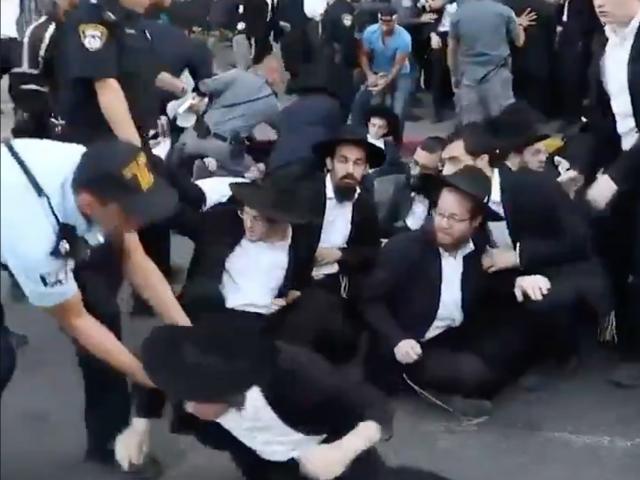With the deadline for submission having passed yesterday, the state has informed the High Court of Justice that it continues to formulate a program for drafting ultra-Orthodox (Haredi) men into the Israeli army. The government is requesting an extension of several weeks to complete its plans and present them to the court, which is set to convene on June 2 to address petitions related to the draft.
The state’s submission outlines a plan that will lead to the immediate conscription of some members of the ultra-Orthodox community, alongside a long-term strategy for their recruitment. The program is designed to gradually integrate more Haredi men into military service, aiming to balance immediate and future recruitment efforts.
The High Court is currently reviewing petitions demanding the immediate conscription of all Haredi men of military age, a demand spurred by the expiration of a law granting blanket exemptions for yeshiva students in June 2023. A subsequent government resolution instructing the IDF not to enforce conscription on these men also expired at the end of March.
Meanwhile, Opposition Leader Yair Lapid has criticized the government’s handling of the issue, calling for the immediate conscription of ultra-Orthodox men and accusing the government of “wasting time.” In response to the state’s court submission, which emphasizes the need for gradual recruitment, Lapid reiterated his stance for “mandatory service for everyone,” adding that those who do not serve “should not receive a penny from the state.” He stressed the importance of unity, declaring, “You can’t say ‘Together we will win’ if we don’t mobilize together.”
Haredi protesting the new military draft that will affect them in Israel pic.twitter.com/ZC7JemHFbT
— Benjamin Young Savage (ᐱᓐᒋᐱᓐ) (@benjancewicz) April 22, 2024
The legal controversy has deepened with the Attorney General’s Office issuing a sharply worded letter to the government. The letter accuses the administration of seeking to undermine the attorney general’s standing in continuation of its judicial overhaul agenda, particularly in the context of the petitions concerning Haredi enlistment.
The government has sought private representation in the High Court due to the attorney general’s opposition to its position on the matter. The administration is attempting to continue funding Haredi yeshivas without enforcing conscription until a new law is enacted to allow for service exemptions. However, the High Court barred the government from continuing this funding at the end of March.
Interesting theory, Rabbi, but no… Haredi Jews must join the draft like everyone else. Without the @IDF your yeshivas would now be under Jordanian, Egyptian, Syrian, and Iranian rule. The same was true in every war since 1948, and it’s still true today.https://t.co/36RJybglVB
— Daniel Sadan (@RealDanSadan) April 28, 2024
In a letter addressed to Cabinet Secretary Yossi Fuchs, Deputy Attorney General Gil Limon argued that the government’s request for private representation aims “to give a rubber stamp” to the IDF and other state agencies to follow the administration’s stance on yeshiva funding and Haredi enlistment during the interim period.
“This course of action is a continuation of the attempt, which is part of what was called the ‘legal reform,’ to weaken the status of the attorney general, bypass it, and harm its ability to protect the public interest and the rule of law,” Limon wrote.
Government plans to draft haredim within 'immediate time frame' https://t.co/Rv3BblfoXU
— J.K. 🇮🇱🎗️🟦 (@RealJKahn) May 1, 2024
The High Court’s upcoming session on June 2 will bring together a panel of nine justices to further deliberate on these matters, setting the stage for what could be a pivotal moment in the ongoing debate over ultra-Orthodox conscription and the broader legal reforms.


